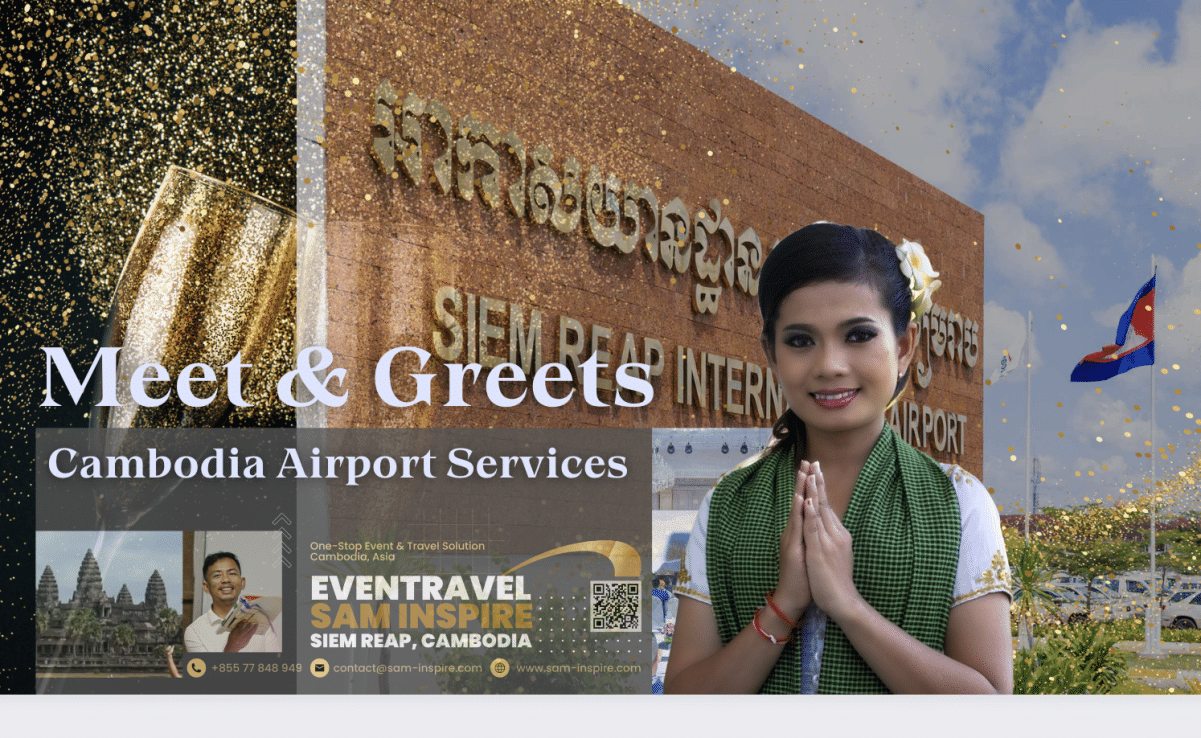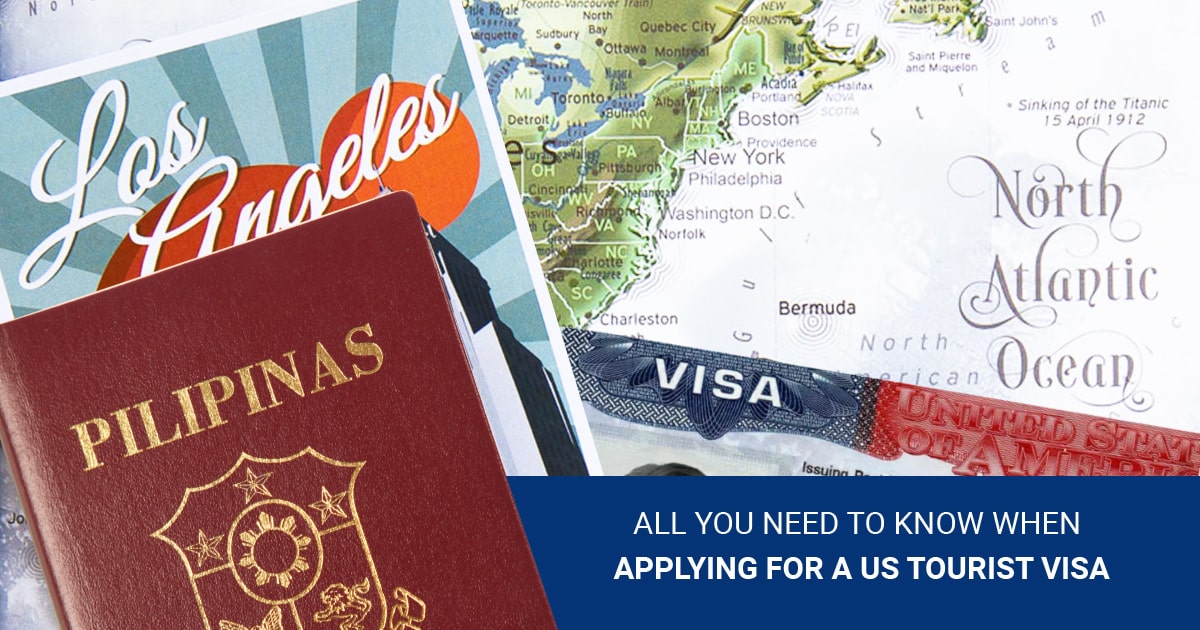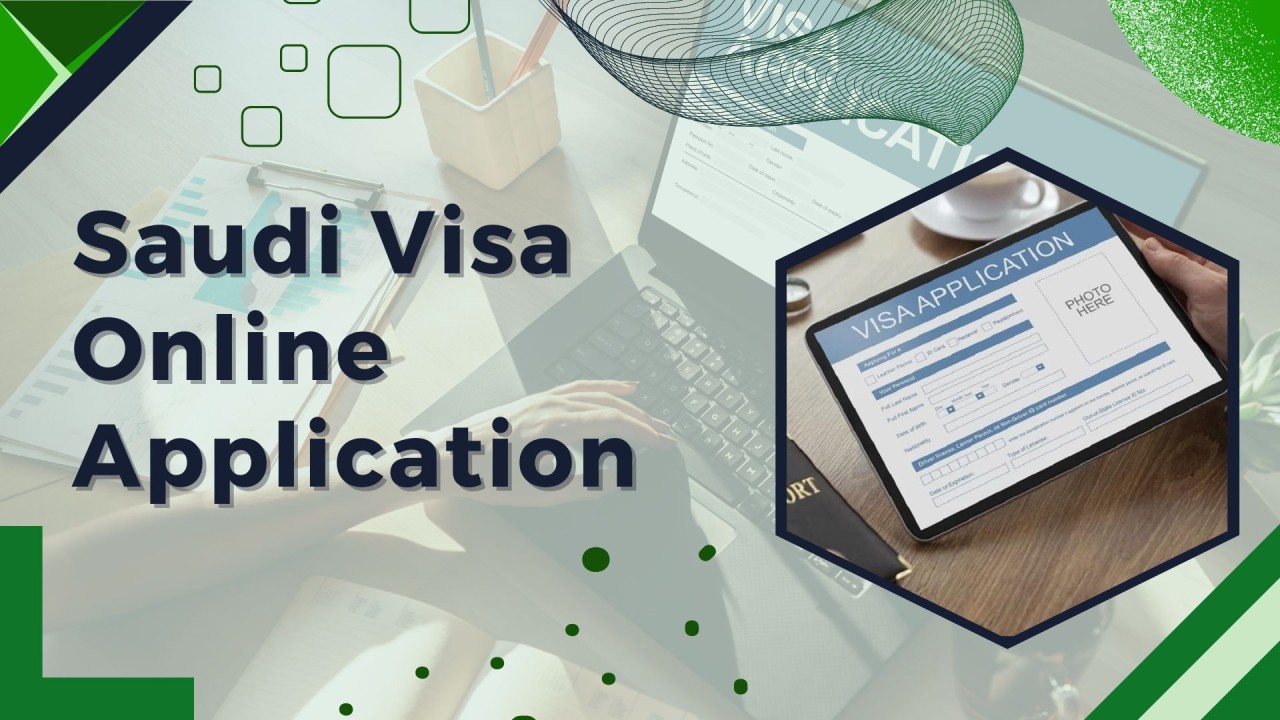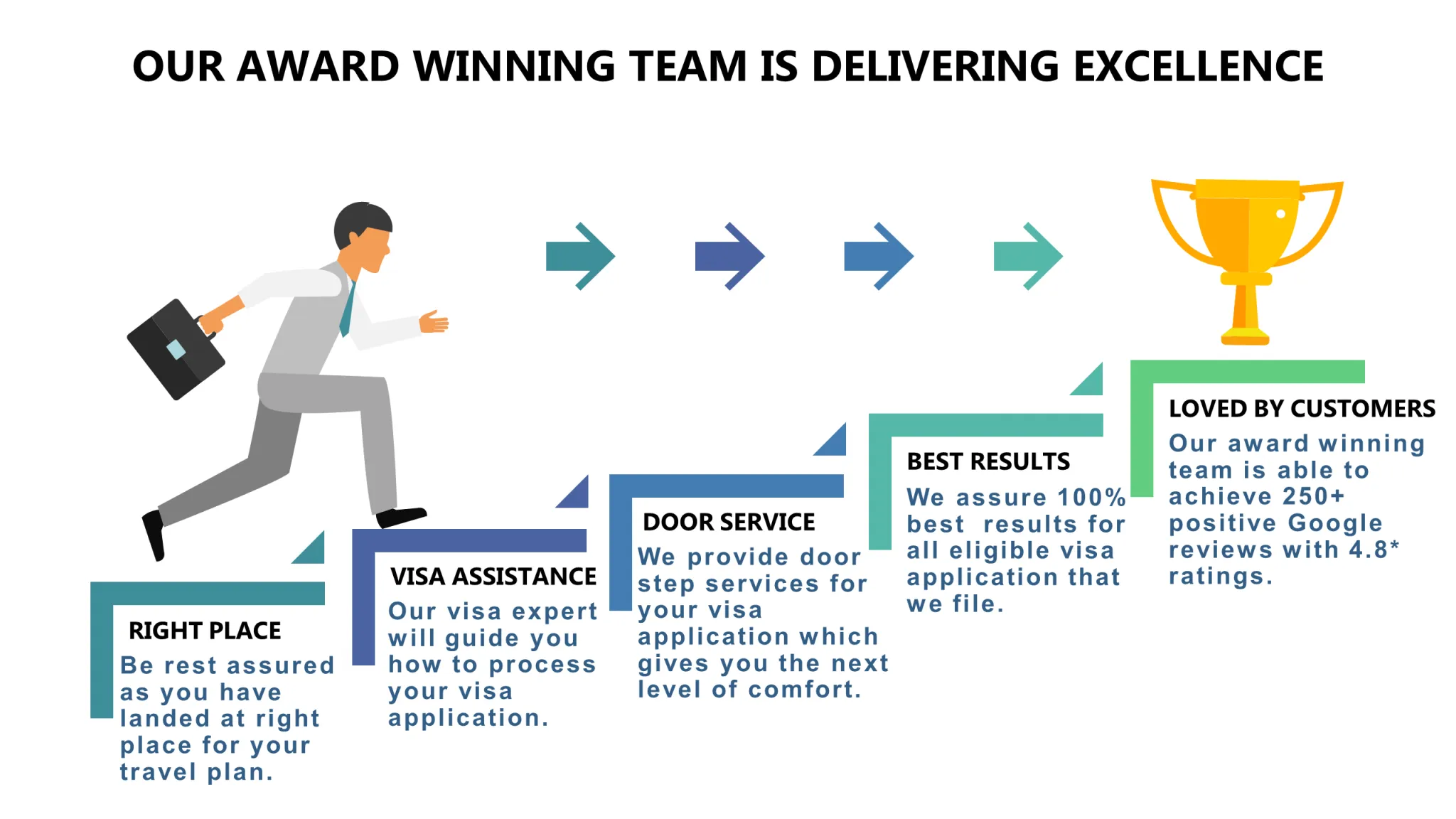Traveling to Cambodia, whether for tourism, business, or long-term stays, requires understanding the various types of visas available. Cambodia offers several visa categories designed to accommodate a wide range of travel purposes. Each visa type has its specific requirements, application procedures, and duration of stay, so selecting the right one is crucial to ensure a smooth journey and avoid potential issues. The most common visa types include the Tourist Visa (T-class), Business Visa (E-class), and long-term visas for specific purposes such as employment or retirement. TYPES OF CAMBODIAN VISA Additionally, Cambodia provides an eVisa option for tourists who want the convenience of an online application, as well as a Visa on Arrival for travelers who decide to apply directly at the airport or land border. Understanding the differences between these visas, including their eligibility criteria and restrictions, helps travelers make an informed choice based on their travel needs.
Cambodian Tourist Visa: Ideal for Short-Term Leisure Travelers
The Cambodian Tourist Visa (T-class) is the most popular visa type among travelers who visit Cambodia for short-term stays and leisure purposes. This visa allows visitors to stay for up to 30 days and is suitable for those who wish to explore Cambodia’s cultural landmarks, including the famous Angkor Wat temple complex, its beautiful landscapes, and vibrant local markets. The Tourist Visa is generally issued as a single-entry visa, which means travelers must reapply if they exit and wish to re-enter Cambodia within the 30-day period.
Travelers can obtain a Tourist Visa through an embassy or consulate, online as an eVisa, or as a Visa on Arrival. Extensions are available, allowing tourists to extend their stay by an additional 30 days by visiting the Cambodian immigration department. However, further extensions beyond this 30-day period are usually not granted for tourist purposes, and overstaying can result in fines or travel restrictions. This visa is ideal for individuals who plan to stay in Cambodia for tourism and exploration without engaging in business or employment activities.
Business Visa (E-class): Flexible Options for Work and Long-Term Stays
The Cambodian Business Visa, also known as the E-class visa, is suitable for travelers who plan to work, conduct business, or stay in Cambodia for an extended period. Unlike the Tourist Visa, the Business Visa offers greater flexibility, including the option to extend the stay for longer durations, typically in increments of 3, 6, or 12 months. These extensions are especially beneficial for business travelers, expatriates, and those considering Cambodia as a base for long-term residence.
To obtain a Business Visa, travelers must first apply for a regular E-class visa at the point of entry, either as a Visa on Arrival or through a Cambodian embassy. Once in Cambodia, applicants can apply for extensions through the immigration department or an authorized visa agency. The Business Visa allows for single-entry or multiple-entry options, depending on the extension period. Longer extensions with multi-entry privileges are ideal for individuals who need to frequently travel in and out of Cambodia. It’s important to note that the Business Visa doesn’t automatically grant work authorization; additional permits may be required for those intending to work in the country.
Cambodia eVisa: Convenient Online Application for Tourist Visits
The Cambodia eVisa is an electronic visa available for tourism purposes, and it’s designed to simplify the visa application process for travelers from eligible countries. With the eVisa, tourists can apply online by filling out an application form, uploading a passport photo, and paying the visa fee. This application process takes just a few minutes, and the eVisa is typically approved within three business days, making it a popular choice for travelers who prefer to avoid embassy appointments. The eVisa allows travelers to stay in Cambodia for up to 30 days and can be used at select entry points, such as Phnom Penh International Airport, Siem Reap International Airport, and specific land borders. However, it’s limited to single-entry use, meaning travelers cannot re-enter Cambodia without reapplying for a new eVisa. While the eVisa is suitable for short-term tourist visits, travelers planning to stay longer or for other purposes, such as business, should consider alternative visa options.
Visa on Arrival: Quick Option for Last-Minute Travelers
The Cambodian Visa on Arrival is another accessible option for travelers who prefer to apply for their visa once they reach Cambodia. Available at major entry points, including Phnom Penh and Siem Reap International Airports, the Visa on Arrival is issued to tourists and business travelers alike. CAMBODIAN VISA FOR BUSINESS This visa allows a 30-day stay and can be obtained by filling out a visa application form, providing a passport-sized photo, and paying the visa fee upon arrival.
Processing times for the Visa on Arrival are typically short, taking between 10 to 30 minutes, though wait times can vary during peak travel periods. The Visa on Arrival is valid for single entry and, like the Tourist Visa, can be extended for an additional 30 days if needed. Travelers should ensure they have a passport with at least six months of validity and carry the visa fee in U.S. dollars to expedite the process. This visa is ideal for those who need a quick solution or are uncertain about their travel plans in advance.
Long-Term Visas and Special Permits for Employment, Retirement, and Volunteering
Cambodia also offers long-term visas and special permits for specific purposes such as employment, retirement, and volunteering. These visas and permits cater to individuals who wish to reside in Cambodia for an extended period and engage in activities beyond tourism or short-term business. For example, retirement visas are available for individuals over a certain age who wish to retire in Cambodia and meet specific financial criteria. Employment permits may also be required for expatriates working with local companies, in addition to a Business Visa. Long-term visas usually involve more documentation than standard tourist or business visas, such as proof of income, health certificates, or company sponsorship letters. These visas often come with multi-entry privileges, making them suitable for expatriates, retirees, and long-term volunteers. Cambodian immigration laws for these special permits are subject to change, so applicants should consult the Cambodian Ministry of Foreign Affairs or a licensed visa agency for the latest information on eligibility and requirements.
In summary, Cambodia provides a variety of visa types tailored to different travel purposes and durations, allowing tourists, business professionals, retirees, and long-term residents to find a visa option that suits their needs.



